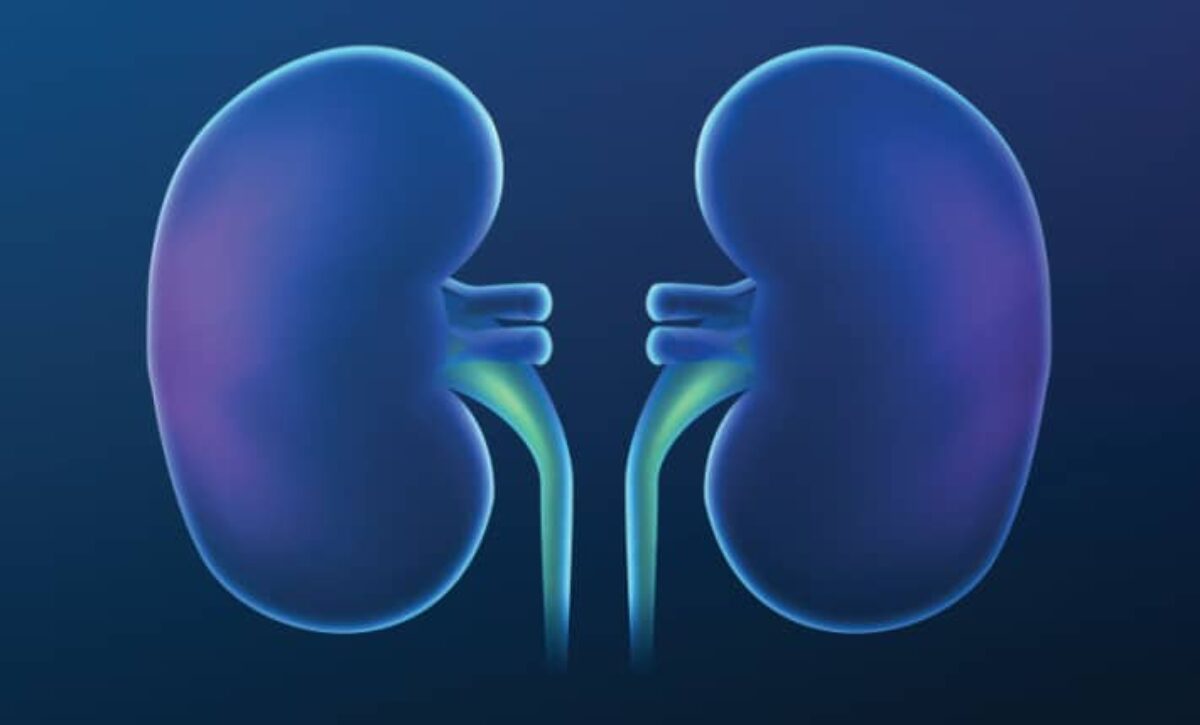New research from the University of Eastern Finland suggests that renal hyperfiltration may be underestimated as a mortality risk factor.
Conventionally, reduced kidney function is associated with elevated mortality risk and chronic kidney disease. Increased kidney function, or renal hyperfiltration (RHF), has been largely dismissed as a normal observation in the general population and an expected symptom of diabetes mellitus when it occurs before the renal decline. The condition is mostly screened for and treated in conjunction with diabetes mellitus because it does not have any clinical manifestations.
Two recent studies led at the University of Eastern Finland and published in the International Urology and Nephrology journal uncover that the damages of RHF may be highly underestimated, independent of diabetes mellitus. In order to effectively reduce its impact on public health, these studies emphasize the need to reevaluate current RHF definitions and screening strategies.
According to the first study, the optimal limit for defining RHF may be significantly lower than previously thought. The researchers discovered that a lower kidney filtration rate threshold could serve as a more precise measure for defining RHF by analyzing the risk of early death associated with high kidney filtration rates in 1,187 middle-aged, non-diabetic Finnish men. This finding suggests that the risk of RHF-related early death has historically been underestimated. This conclusion is consistent with a previous study that found that RHF may put up to 35% of Korean middle-aged men at a higher risk of death.
The second study looked into whether diabetes mellitus played a role in the relationship between RHF and mortality. Researchers found that despite the influence of diabetes mellitus, RHF is linked to an increased mortality risk in a sample of 2,682 Finnish men. This suggests that regardless of a patient’s diabetes mellitus status, RHF should be recognized as a mortality-associated condition and taken into account.
The Kuopio Ischaemic Heart Disease Risk Factor Study’s findings served as the foundation for both studies.
These two studies emphasize the necessity of evaluating the potential benefits of incorporating RHF screening into routine medical care for patients with and without diabetes. The evidence that RHF is a significant risk factor for early death is supported by these studies. As higher-than-normal kidney function can have negative consequences, the authors urge the research community to investigate RHF further as an independent health condition and emphasize the need for a uniform and consensus-based definition of RHF.
These two studies provide crucial insights into the mortality risk of RHF. They also emphasize the need for additional research into the condition’s diagnosis and, ultimately, the creation of more efficient treatments to lessen the burden of this condition’s mortality.

 Diabetology1 week ago
Diabetology1 week ago
 Diabetology5 days ago
Diabetology5 days ago
 Diabetology12 hours ago
Diabetology12 hours ago
 Diabetology12 hours ago
Diabetology12 hours ago




